New cars are expensive, and they only cost more every year. With high prices, many drivers turn to buying a used car.
But, finding a problem-free, reliable used car isn’t always straightforward. Just because someone says it was “well-loved” doesn’t mean they put love and maintenance into it. Here are a few tips and things to look for when looking at used cars.
Tips for Buying a Used Car
With all the scammers and bad deals on the market, it’s your job not to fall prey. How? Prepare ahead of time and know what to look for when buying used cars.
Do Your Research
Before ever laying eyes on a car, do your homework. Here’s a list of things to know before going in:
- What’s the fair price for that particular car in that condition? One place to start would be Kelley Blue Book or researching dealer prices online.
- What do other owners say about that make, model and year? Are they known for lasting a long time? Does the transmission regularly fail at a certain mileage? Check on car forums and see what other owners say.
- Get a copy of the vehicle history report. Also, read it, thoroughly.
- Find out if the vehicle has ever been recalled and make a note to ask the dealership or owner if the recall was addressed.
Inspect the Exterior
While you should not expect every used car at a fair price to be free of a few scratches and dings, large dents are an indicator of crashes and unseen structural issues.
While inspecting the exterior check…
- the body of the car for scratches, dents or mismatched paint colors (all indicators of past crashes).
- all indicator lights and headlights, ensuring they are in proper working order.
- for rust in the wheel wells, indicating it is potentially present throughout the rest of the vehicle.
Take the Car for a Spin
And put it through its paces.
First, make sure the car starts smoothly and then immediately start driving. How does the vehicle perform without idling and “warming up”?
Make sure to test the car at various speeds. It may mean going out of your way, finding a highway to check its performance at higher speeds and acceleration. But, it is worth it. Many used cars don’t show signs of underlying problems until higher speeds.
Perform a Leak Test
It’s simple, and it saves you time and money down the road.
While out on a test drive, stop and idle in one spot of clean pavement for a minimum of 30-seconds. When you move the car forward, check for any puddles of fluids left behind, indicating leaks (and future repairs).
Talk to the Old Owners
If buying a used car from an individual, take the time talking with the previous owner.
While, it’s possible they lie when asking them direct questions about the history of the car, instead ask indirect questions like “Where have you lived?” and “What do you do for work?”. Although friendly, they also give you an idea if this person commuted every day in rush hour traffic, which leads to faster brake wear and tear. Or if they lived near the ocean, which means salt and rust.
If buying from a dealership, get the full ownership history. How many owners did the car have? Where was it for the majority of its life? All of this should be provided without having to ask, as it is standard to present a complete car history when purchasing a used vehicle from the dealership.
Have a Mechanic Inspect It
Spending the money now could mean saving thousands later.
Have a professional, third-party mechanic perform an inspection when buying a used car. With their expertise, they will find any underlying issues as well as give you estimations on costs of repairs that could help you negotiate a lower price.
Have a used car you’re interested in buying in the Houston area? Have Northwest Auto Center take a look! Remember, it’s your responsibility to be a responsible buyer.

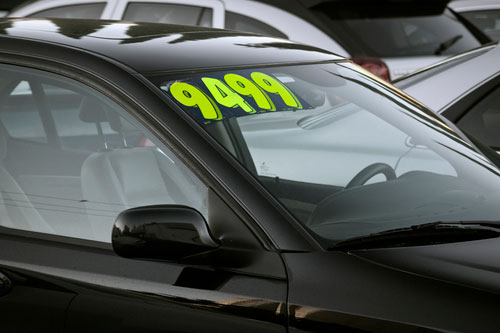
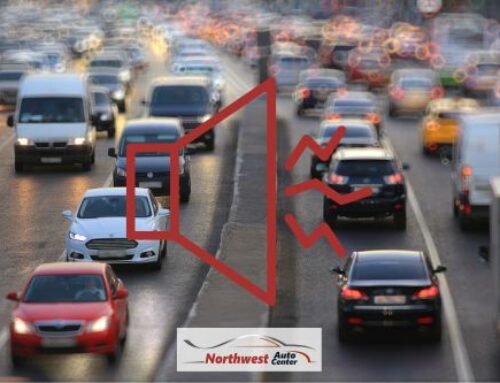
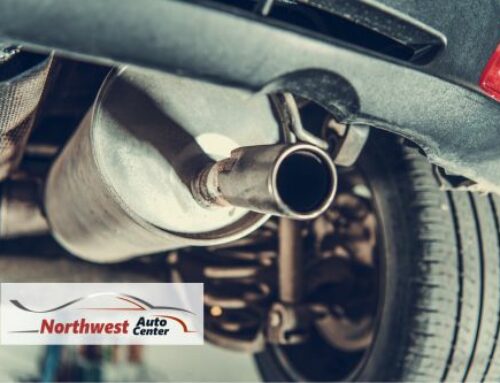
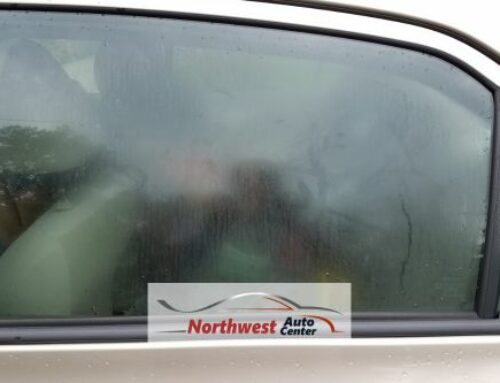
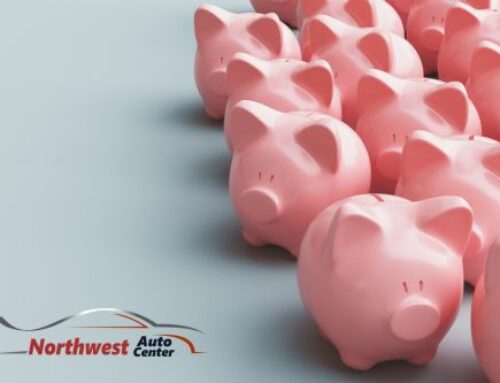
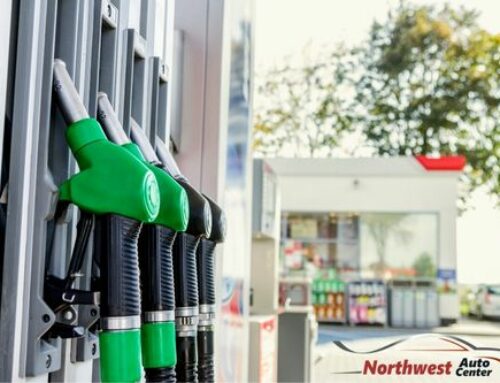
Leave A Comment
You must be logged in to post a comment.